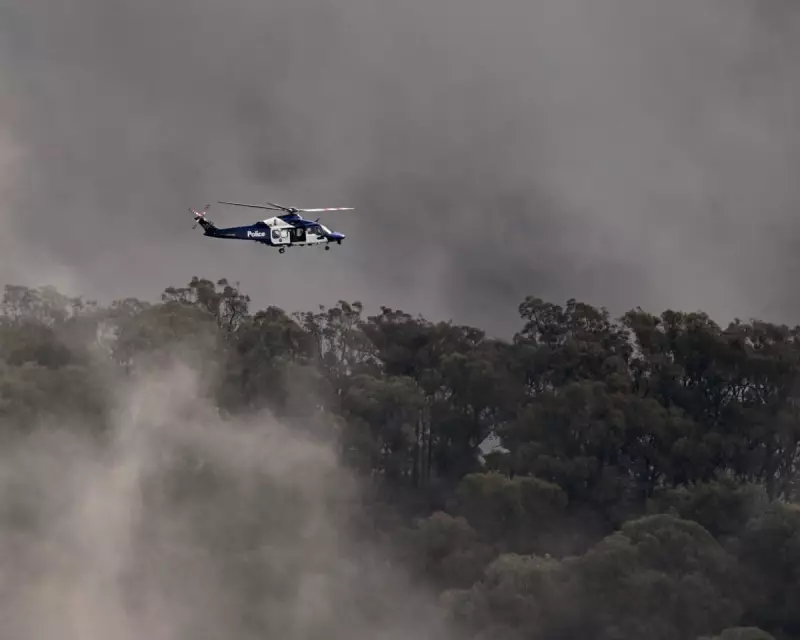
A perfect storm of coal-fired power station breakdowns has pushed Australia's national electricity market to the brink, with the energy regulator issuing dire warnings of potential rolling blackouts and wholesale prices surging to staggering levels.
The Australian Energy Market Operator (AEMO) has been forced to trigger the rarely used lack of reserve capacity (LOR3) mechanism for Queensland, New South Wales, and South Australia—the highest level of emergency alert—indicating a severe shortfall in power generation.
Coal Plant Collapse Creates National Emergency
The crisis was triggered by a cascade of failures at ageing coal plants. A major unit at the massive Loy Yang A power station in Victoria's Latrobe Valley tripped offline on Thursday afternoon, removing a critical 560 megawatts from the grid without warning. This followed the sudden failure of a unit at Queensland's Gladstone power station on Wednesday night.
These breakdowns have exposed the fragility of the nation's energy infrastructure, compounding existing outages at other key facilities and creating a domino effect that threatens the entire eastern seaboard.
Consumers Face Soaring Costs and Blackout Threats
The immediate impact for consumers is twofold: a dramatically increased risk of power cuts and a severe spike in energy costs. Wholesale electricity prices have skyrocketed, reaching the market cap of $16,600 per megawatt-hour in several states—a figure that will inevitably filter down to household bills.
AEMO has urgently appealed to large industrial energy users to reduce consumption and is considering implementing controlled load-shedding—planned blackouts—to prevent a catastrophic collapse of the entire grid.
Political Fallout and the Renewable Energy Debate
The crisis has ignited a fierce political debate, with Energy Minister Chris Bowen accusing the former Coalition government of a 'decade of denial and delay' on energy policy. Opposition energy spokesman Ted O'Brien countered, blaming the current government's handling of the transition to renewables for the grid's instability.
This emergency serves as a stark reminder of the challenges facing Australia's energy transition, highlighting the urgent need for investment in reliable dispatchable power and storage to back up the increasing share of renewable energy in the grid.




